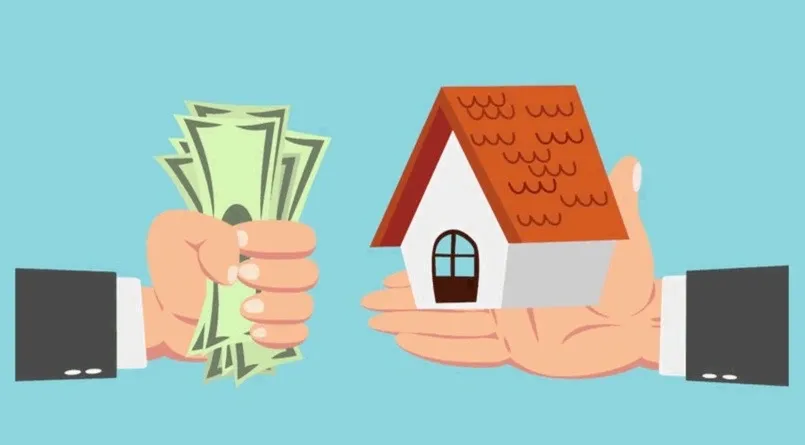An FHA Cash-Out Refinance is a type of mortgage refinance that allows homeowners to refinance their existing FHA loan while also taking out additional funds beyond the current mortgage balance. The “cash-out” component refers to the ability to receive a lump sum of money that can be used for various purposes. Here’s how an FHA Cash-Out Refinance works:
1. Eligibility: To be eligible for an FHA Cash-Out Refinance, you need to meet certain requirements, including having an existing FHA loan and having built up equity in your home. You also need to meet FHA’s credit and income standards.
2. Equity: The amount of cash you can receive through a cash-out refinance is determined by the difference between your home’s current market value and your outstanding mortgage balance, including any other liens on the property. FHA typically allows you to cash out up to 80% of your home’s appraised value.
3. Appraisal: An appraisal is usually required to determine the current market value of your home. The appraised value helps determine the maximum loan amount you can qualify for in the cash-out refinance.
4. Loan Limits: FHA has loan limits that vary by county and are updated annually. These limits cap the maximum loan amount you can receive through an FHA Cash-Out Refinance. When speaking to one of our qualified loan officers, they will be able to check these loan limits for you.
5. Purpose of Funds: The funds you receive from the cash-out refinance can be used for various purposes, such as home improvements, paying off high-interest debt, covering educational expenses, or other financial needs. It’s important to use the funds responsibly and strategically.
6. Mortgage Insurance Premiums (MIP): Just like with other FHA loans, an FHA Cash-Out Refinance will require you to pay mortgage insurance premiums, both upfront and as part of your monthly mortgage payment. These premiums are designed to protect the lender in case you default on the loan.
7. Credit and Income: While FHA loans are known for being more flexible with credit requirements compared to conventional loans, you still need to meet certain credit and income standards to qualify for an FHA Cash-Out Refinance. Our loan officers are about to help evaluate your situation to see if your credit and income qualify.
8. Closing Costs: As with any mortgage transaction, there are closing costs associated with an FHA Cash-Out Refinance. These costs can include lender fees, appraisal fees, title fees, and more. It’s important to factor in these costs when determining whether the cash-out refinance makes financial sense.
Before pursuing an FHA Cash-Out Refinance, it’s crucial to carefully assess your financial situation, consider the costs and benefits, and have a clear plan for how you’ll use the funds. Our qualified loan officers are able to compare different lenders and gather information about interest rates and terms.
Interested in a FHA cash-out refinance? Speak with us today and we can discuss your refinance options!

